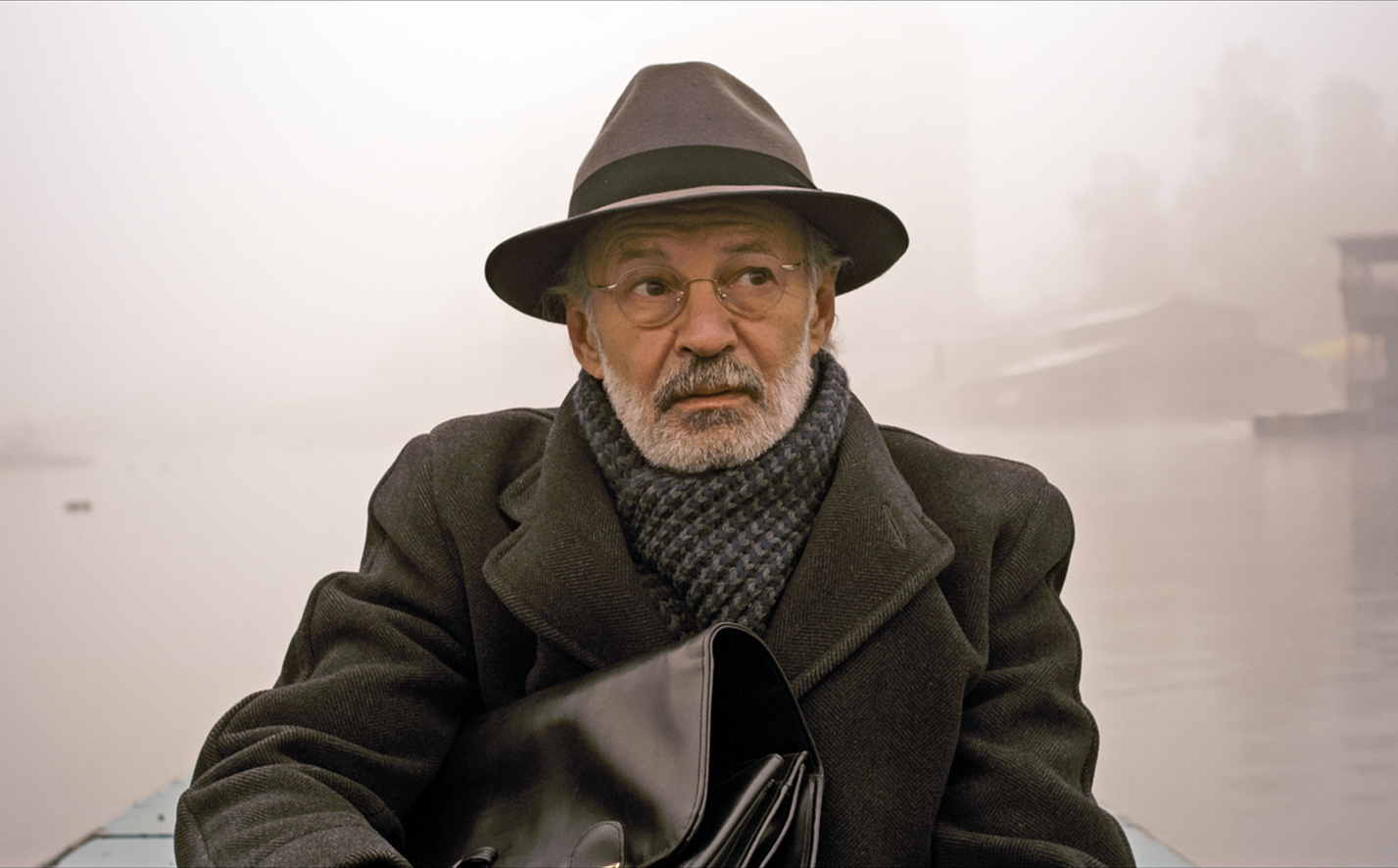 “With this film, I’ve attempted to do something very complicated,” says Goran Paskaljevic during his introduction to the screening of "When Day Breaks." “To make a simple film.” One of Serbia’s most prominent filmmakers, Paskaljevic’s films have been premiering at TIFF since the 90s, and his brand new one, about a 70-year-old man learning about his true identity, follows suit. Believing that nowadays world cinema is lacking in emotion and true feeling, the director hopes that "When Day Breaks" will prove different. This envelope of hope however, was pushed too far.
“With this film, I’ve attempted to do something very complicated,” says Goran Paskaljevic during his introduction to the screening of "When Day Breaks." “To make a simple film.” One of Serbia’s most prominent filmmakers, Paskaljevic’s films have been premiering at TIFF since the 90s, and his brand new one, about a 70-year-old man learning about his true identity, follows suit. Believing that nowadays world cinema is lacking in emotion and true feeling, the director hopes that "When Day Breaks" will prove different. This envelope of hope however, was pushed too far.
We follow Misha Brankov (Mustafa Naderevic), a retired composer, who gets a letter about out an old box that had been dug up in the Old Fairgrounds of Belgrade, a site used as a concentration camp during the Second World War. Brankov’s visit to the museum changes his life forever when he finds out that he was adopted, and is the son of Isaac and Sarah Weiss, a Jewish couple that died in the camps, concealing their son's identity in order to protect him. His father, a composer himself, left an unfinished piece in the box, and the film follows Misha as he attempts to play the finished version and premiere it live. After decades of life and nearing the end, how do you react to something that shakes up your birth and origin? It’s a solid premise but, apart from some stand-out factors, the story drowns in its own simplicity.
 Naderevic carries the entire picture on his shoulders, and is certainly the film's MVP. In almost every frame of the film, his Misha is a touching and soulful old man, his face a mosaic of emotion. The confused son, the desperate composer, the hopeful old man, Naderevic has it all in his arsenal. The film's cinematography is terrific too, shot to show the isolation Naderevic is surrounded by, the bleak surroundings of barren lands and dilapidating buildings lensed with a misty brown tint. It could have been a festival darling this year, were it not for the clanking flaws at the center.
Naderevic carries the entire picture on his shoulders, and is certainly the film's MVP. In almost every frame of the film, his Misha is a touching and soulful old man, his face a mosaic of emotion. The confused son, the desperate composer, the hopeful old man, Naderevic has it all in his arsenal. The film's cinematography is terrific too, shot to show the isolation Naderevic is surrounded by, the bleak surroundings of barren lands and dilapidating buildings lensed with a misty brown tint. It could have been a festival darling this year, were it not for the clanking flaws at the center.
There is a certain kind of desperation that you notice in this film, an intense hope to be liked and this is, ultimately, what brings it down. The script pours sentimentality until it begins to seep through every facet, including the acting, and you realize very early on that you can tell exactly where this is going. There's not enough here to sink your teeth into because as soon as we find out about the unfinished piece his father left him, we know exactly what’s coming.
Unlike festival highlights "Tabu" and "Amour," which also focus on elderly protagonists, "When Day Breaks" uses a predictable and oversaturated story to support its characters. As touching as it has to be at times, finely shot with a good eye for faces, and acted with compelling eagerness by Naderevic, the film never surprises or, when is all said and done, moves the audience. We are forced into sympathy towards the characters by the desolation that surrounds them, whether in thought or in the physical world, but it mainly feels manipulative. As Serbia’s official selection for the Academy Awards next year, "When Day Breaks" will be trying to win over the hearts of the Foreign Language branch of the Academy, but if their heads have anything to say about it, its prospects aren't too bright. [C]

